How to Change Your Relationship With Food and Overhaul Your Diet—for Good

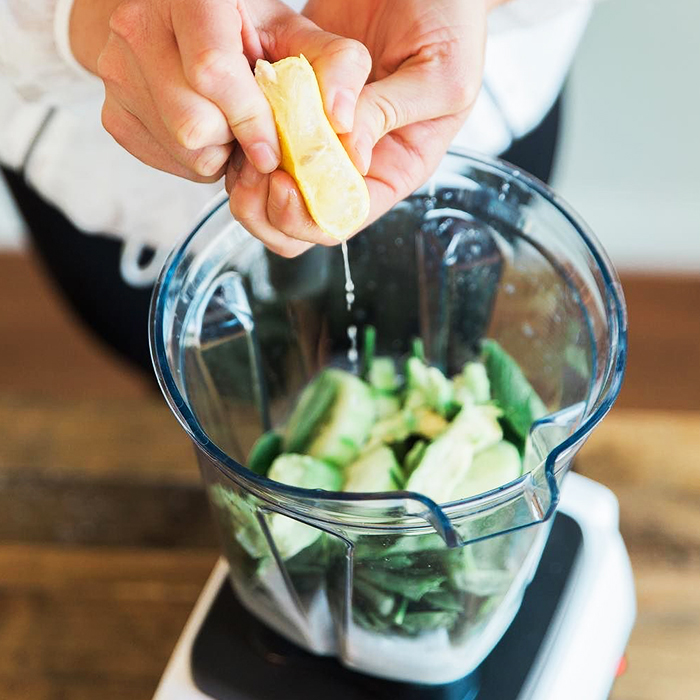
"Diet"—it's the four-letter word hated by junk-food lovers and nutritionists alike because it's come to imply one thing: deprivation. We all know deprivation—remember that time you vowed to cut out all processed sugar and name your first child Stevia? Or that time you forcefully denounced all starches and tattooed the word "kale" on your arm?
Okay, you might not have taken it that far, but most of us have a "been there, done that" feeling about deprivation diets at this point. They never work. As THE/THIRTY contributor and nutritionist Kelly LeVeque puts it, "Deprivation is a binge in the bank." With this in mind, we sat down with LeVeque to pick her brain about how to create a healthy relationship with food that sticks.
Read on for her advice on how to completely change your diet in 30 days—and more importantly, how to change your relationship with food for good.
1. Distinguish Between Hunger and Habit
The first step in making major changes is self-awareness. "There are people who make conscious decisions about food because they think it's healthy, and there are people who make decisions about food because it makes them feel good or they've created habits," LeVeque explains.
How should we define habit, exactly? "If they have decided to eat something three or more days in a row, it's dangerous. It's almost like Pavlov's dog. It becomes something that's hard to break," LeVeque says.
If you've picked up some bad dietary habits along the way, don't fault your willpower completely—your brain is also to blame, says LeVeque: "You take a bite out of a brownie, and you're like, Oh my god. There's a release of dopamine in your brain. It's a reward hormone; it makes you want to do that again and repeat that habit."
"You brain wants dopamine, but it doesn't want a whole bunch of dopamine, so what ends up happening is the receptors in your brain down regulate," she adds. "For example, your brain's getting dopamine every single day at 3 p.m. for a brownie. Eventually, your brain is like 'We're getting too much dopamine,' so it down-regulates one of the receptors. Now, as the human with access to the brownies, you eat two brownies to get the same dopamine high that you used to get when you had one. Eventually, over time we need more of the same stimulant to get the same high."
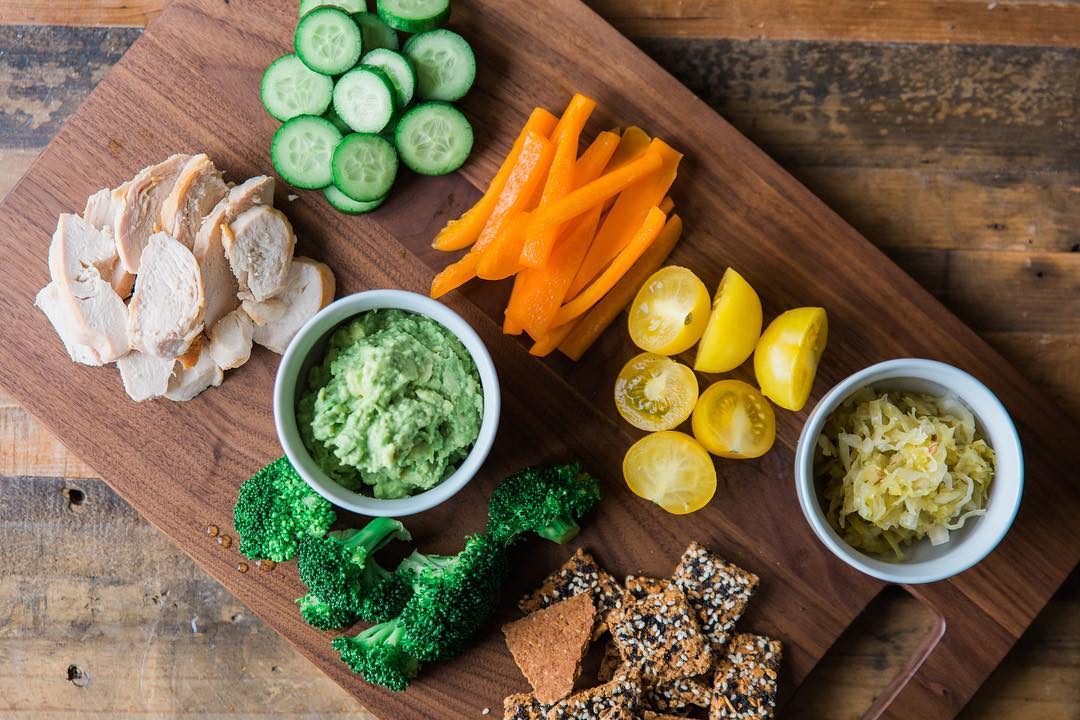
2. Stop Using Food as a Reward
Habits aren't the only reason we get stuck in unhealthy food cycles. "It also goes back to your childhood," LeVeque shares. "My little sisters and I would get out of church—because we were bribed to go—and we would get a Slurpee the size of our face. It was like, 'That was so boring and horrible; here's your reward for going!' That was my suburban childhood: You got through something boring; here’s a reward. You did something good; here’s a reward. It's your birthday; here's your cake. That’s part of our culture, to celebrate, but I always think it's important to ask yourself, Who am I celebrating? Is it your birthday? Did you score the goal? Is this something that you need to celebrate every single week?"
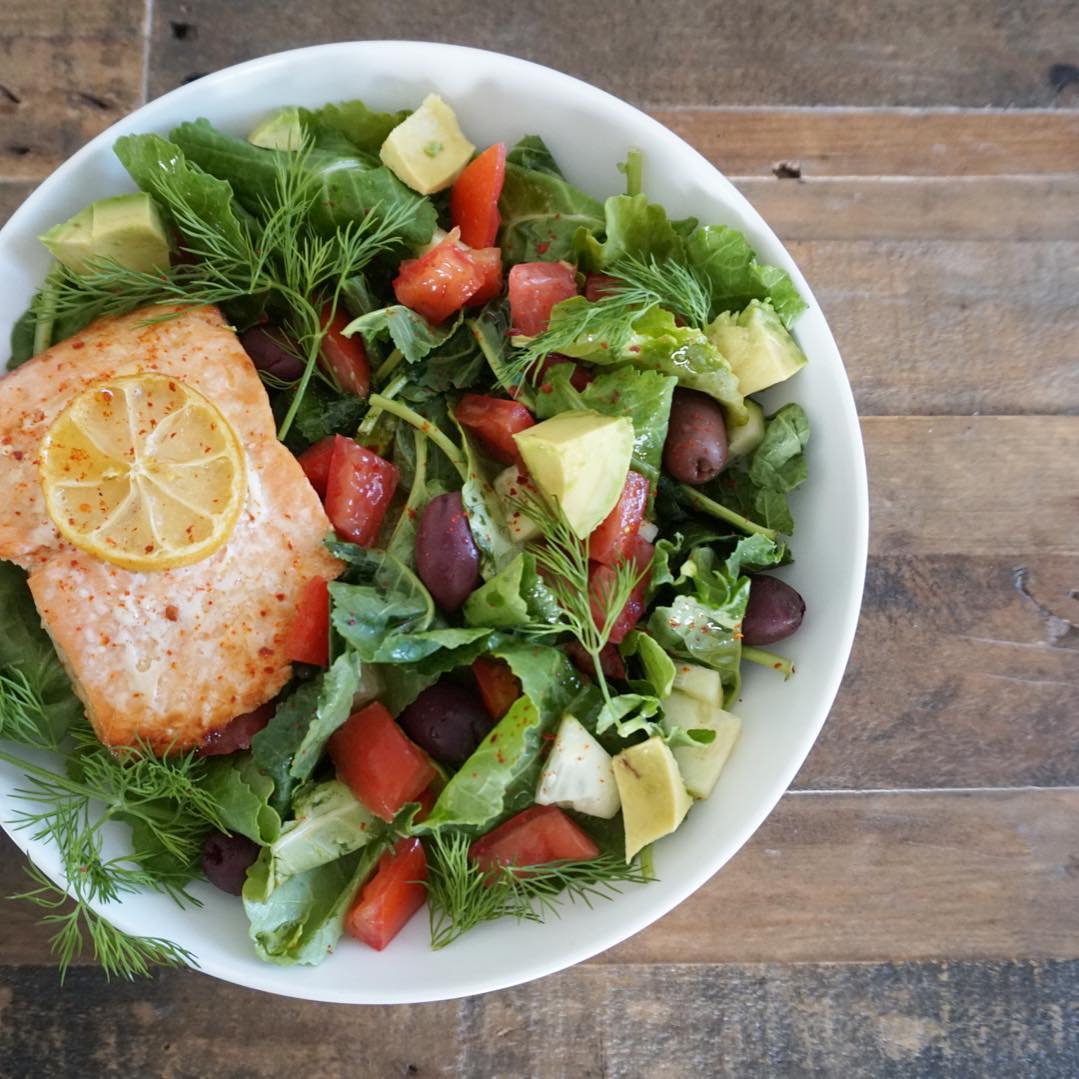
3. Replace Habits Before You Remove Them
Once you've identified emotional eating and existing habits, it's time to make some nutritious swaps. "If you're totally depriving yourself, you're going to binge. So you want to think, How can I have the things that I love, in a healthier version?” LeVeque advises. Create new habits to replace your old, like tea instead of that four p.m. cup of coffee. “When you do it enough, you will get to a point where you love it more than your previous habit," she adds.
Have a sweet tooth to combat? "I'm obsessed with my smoothie formula because I feel like we can make any flavor out of it," she tells us. "I have a blueberry muffin formula, so if someone has the habit of going to Starbucks and getting a blueberry muffin and a latte, I'm like, 'Okay, how can we do this at home?' Maybe we're having coffee and a little bit of almond milk, and you're making a smoothie that actually has protein, fat, and fiber, instead of it just being sugar and carbohydrates."
Luckily for us, the internet abounds with healthy swap inspiration these days. "I'm pretty obsessed with all of the little tips and tricks people are using, from zoodles and spaghetti squash, to cauliflower pizza crust to black bean brownies to keto fudge," LeVeque says.
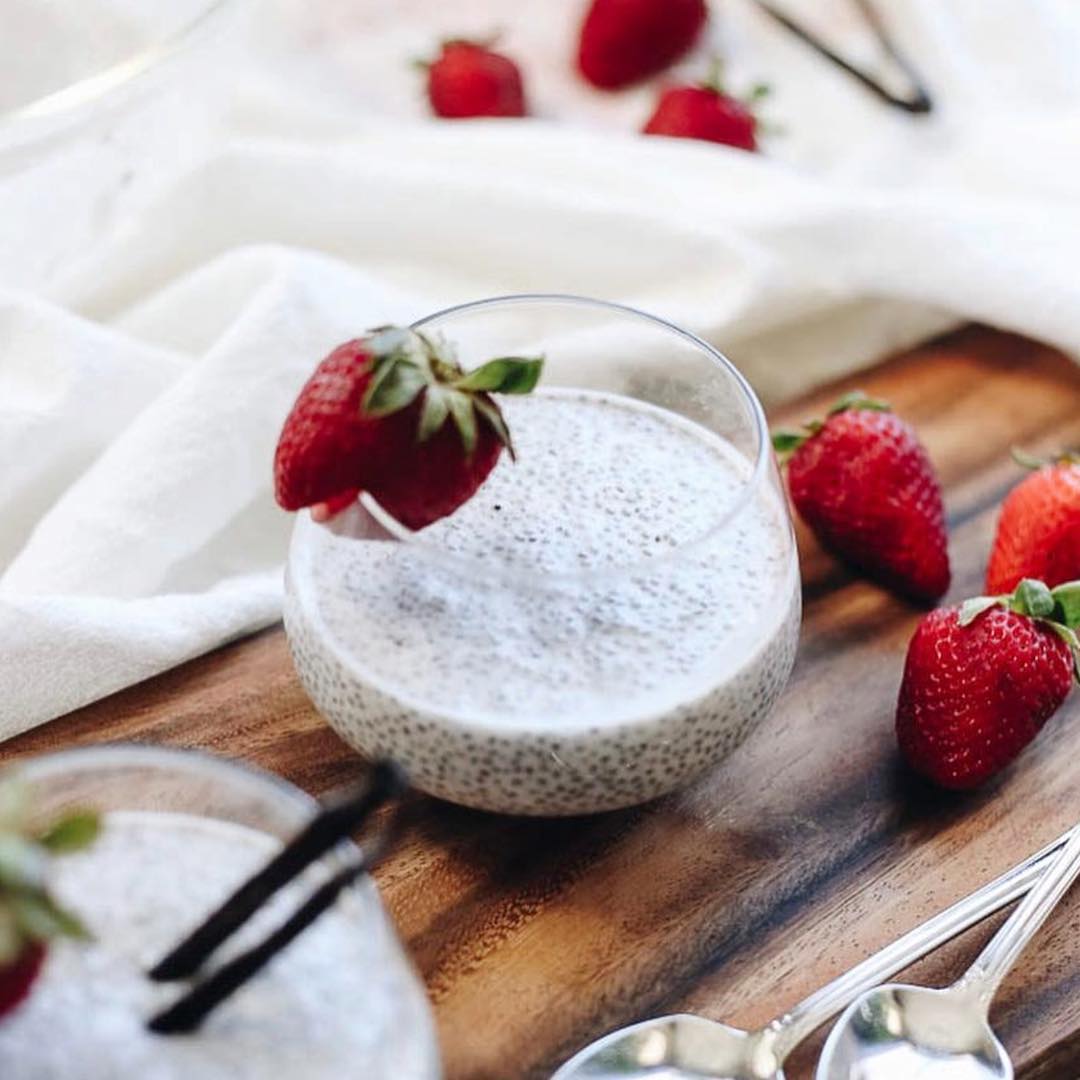
4. Add Healthy Changes in Increments
"I think changing our relationship with food is a really hard thing to do, but I'm always asking people to add to their lives," LeVeque suggests. "All you have to do is say, What can I add to my plate to add nutrition to my body?” she explains. This focus on healthy additions—instead of deprivation from what you "can't have" makes eating a more positive, goal-oriented experience.
It's also helpful to set small, incremental goals. "I think working through a day is one of the best ways to change your relationship with food," she shares. "You don't have to be perfect from 7 a.m. to 7 p.m. How can we start building habits in the first three hours of your day, and the second three hours of your day, and the third three hours of your day?
"Maybe for the first five days, you say, I'm going to track my water. Once that becomes a habit, I want you to just commit to making a smoothie that has some greens in it in the morning and limits your fruit. Just for five days," LeVeque says. "And what ends up happening is people are like, Oh, that was really easy, and I feel really awesome, so I'm just going to keep doing that.
"When the good things start making you feel better because you've added them to your life, then you can continue to add more things to your life. But when someone says, 'Starting tomorrow, I'm going to drink 80 ounces of water, make a FabFour smoothie, go to yoga, pack my lunch, and meal-prep all my dinners,' that becomes an overwhelming thing."
And if you're joining us on the #MyNextThirty challenge, LeVeque has some encouragement. "The greatest thing about 30 days is you go through the emotional detachment to that food, and it's almost like, you can now see the forest through the trees."
We'd love to hear what you think of Kelly's philosophy. Drop us a comment in our private Facebook group!
This article is provided for informational purposes only and is not intended to be used in the place of advice of your physician or other medical professionals. You should always consult with your doctor or healthcare provider first with any health-related questions.
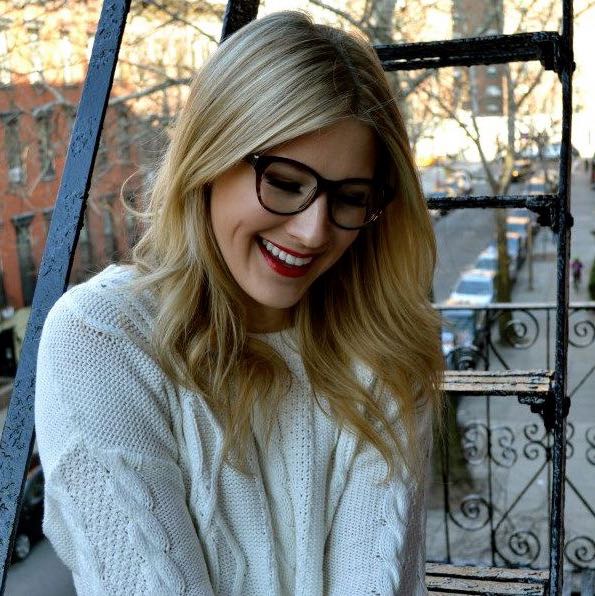
I'm a freak for the sixties set: Brigitte Bardot, Sophia Loren, Veruschka
Who are your 5 favorite people to follow on Instagram?@stonefoxbride @lenadunham @sfgirlbybay @bullyinstagram @jengotch
What's the beauty essential you can’t live without?Eyeliner
What's your desert island album?The Eagles Hell Freezes Over
What's your favorite Byrdie.com story? Why Don’t The Cool Kids Wear Makeup? See More